For the second time in five months, the Supreme Court of Nepal reversed President Bidya Devi Bhandari’s decision to dissolve the House of Representatives (HoR) of Nepal. This time, it further ordered President Bhandari to appoint Nepali Congress leader Sher Bahadur Deuba as the Prime Minister by July 13, 2021. The ensuing end of the KP Sharma Oli era is likely to provide a renewed impetus to the relations between India and Nepal.
President Bidya Devi Bhandari’s decision to dissolve the lower house on Prime Minister K P Sharma Oli’s suggestion was illegal, according to a five-member Supreme Court Constitutional Bench chaired by Chief Justice Cholendra Shumsher Rana. The bench granted a mandamus naming Sher Bahadur Deuba as the new PM of Nepal.
The court also ordered a new House session at 5 p.m. on July 18. The party whip does not apply when parliamentarians vote to elect a new Prime Minister under Article 76(5) of the Constitution, according to Chief Justice Rana. The matter was heard last week by a bench comprising Justices Dipak Kumar Karki, Mira Khadka, Ishwar Prasad Khatiwada, and Dr. Ananda Mohan Bhattarai.
The Meandering Politics of Nepal
Nepal plummeted into high-octane politics after President Bhandari dissolved the Lower House on the recommendation of the then-PM of Nepal Mr. Oli on December 20, 2020, and announced fresh elections for April 30 and May 10. While the apex court declared the dissolution as illegal on February 23, Mr. Oli justified his decision of disbanding the HoR by claiming that some party leaders were attempting to form a “parallel administration”.

On May 22, 2021, President Bidya Devi Bhandari again dissolved the 275-member lower house based on the suggestion of Prime Minister K P Sharma Oli, and scheduled emergency elections between November 12 – 19. Despite the polling uncertainty, the Election Commission released the mid-term election timetable last week. Thirty writ petitions were filed against the President’s dissolution of the House, led by the Nepali Congress. With 146 signatures, the alliance of opposition parties demanded the reinstatement of the lower chamber and Deuba’s nomination as Prime Minister.
Deuba: The Upholder of Indo-Nepal Relations?
Sher Bahadur Deuba, 74, was elected as the Nepali Congress President on March 7, 2016. He has already served as the Nepalese PM four times, and this one will be his fifth term. His first term as Prime Minister ended in March 1997, his second in August 2001 and his third in February 2005. King Gyanendra Shah fired him in February 2005, citing his ineptitude.
He was re-elected in June 2017 and visited India in August. To counterbalance China, India has always had good relations with Deuba, and Deuba needs concrete Indian assistance for his party’s expansion. Nepal is vital to India in restraining China. The K.P. Oli government has had issues with boundaries and redrawing India’s political landscape. But Sher Bahadur was always liked in India.
Prime Minister Narendra Modi visited Nepal four times during his six-year tenure, highlighting the Indian government’s commitment to relations with Kathmandu and its Neighbourhood First Policy.
However, over the last few years, the relations between Nepal and India have remained strained. Occasionally, disagreements arise between the two states. Last year, in 2020, Nepal approved a new map claiming the Kalapani, Lipulekh, and Limpiyadhura regions as its territories.
However, Nepalese Prime Minister K.P. Sharma Oli called Prime Minister Modi on the occasion of India’s Independence Day on 15 August 2020. Between October and December last year, three senior Indian officials, including R&AW Director Samanta Goel, Army Chief General M.M. Narvane, Foreign Secretary Harsh Vardhan Shringla, and BJP Foreign Cell Chairman Vijay Chauthaiwale, visited Nepal to mend fences. It took nearly a year for contact to be re-established.
Also Read: India-Nepal Relations: A Way Forward for Strong Relations
India’s vaccine diplomacy may have startled China, which was increasing its influence in South Asia, particularly Nepal.
As a result, Nepal-India flights have resumed. Notably, on January 15, 2021, the Nepalese and Indian governments met in New Delhi for the sixth meeting of the Nepal-India Joint Commission (JC). The COVID-19 vaccine(s), border and border control, connectivity, economic cooperation, commerce, transit, power, water resources, culture, and education were all considered. The JC, formed in 1987, is co-chaired by Nepalese Foreign Minister Pradeep Kumar Gyawali and his Indian colleague Dr. S. Jaishankar. Both parties were pleased with the progress achieved on a number of bilateral initiatives.
India gave one million doses of the AstraZeneca’s Covishield vaccine produced by Serum Institute of India (SII) to Nepal as a goodwill gesture after the JC meeting. Beyond Nepal, India fulfilled its pledge by donating the vaccine to its neighbours. Nepal got vaccine doses from India, which are being distributed to the poor in the country’s seven provinces. Vaccinations are being given to health care workers, security officers, and frontline workers in phases one and two. After months of protests by the ruling Nepal Communist Party’s rival group and certain opposition parties over the subject of dissolving parliament, the Oli administration has thanked India for its assistance.
India’s vaccine diplomacy may have startled China, which was increasing its influence in South Asia, particularly Nepal. Some say China promised Nepal the vaccine, but the Nepalese government has yet to authorise its shipment. The Nepalese Drug Administration is gathering data before deciding on vaccine approval.
While personal and social relationships form the bulk of Nepal-India interactions, government-to-government contacts are vital. Given Nepal’s economic and geopolitical importance, cultural and people-to-people relations with India must be reinforced.
The lack of trust between Nepal and India has hampered numerous Indian-funded programmes in Nepal for a long time, in certain cases, targeted Indian investment initiatives. Indian currency notes of Rs. 200, Rs. 500 and Rs. 2,000 rupees are banned in Nepal, hindering travel between the two countries. Indian nationals must also get a work visa to work in Nepal. Vehicles with Indian plates face considerable challenges in Nepal. Nepal’s borders with India have been closed for almost a year owing to COVID-19. The increasing rivalry between India and China over expanding their influence in Nepal complicates the job of attracting foreign investors.
While personal and social relationships form the bulk of Nepal-India interactions, government-to-government contacts are vital. Given Nepal’s economic and geopolitical importance, cultural and people-to-people relations with India must be reinforced. Indian projects in Nepal must be completed on schedule if the country is to be welcoming. Nepal may attract more Indian investment in the Himalayan river hydropower sector. Also, Indian companies working in Nepal should be appropriately protected.
Nepal is more dependent on India than India is on Nepal. Thus, balancing these relationships is crucial. India’s dependence on Nepal requires more trade and economic activity. Interdependence between Nepal and India is crucial to repairing ties. To achieve this, the two nations may explore constructing an international corridor along the 1,753-kilometer Nepal-India border region. Prioritize improving air, road, rail, and canal connections, and actively participating in multilateral forums like BBIN (Bangladesh, Bhutan, India, and Nepal), BIMSTEC, NAM, and SAARC are crucial for the revival of Indo-Nepal relations.
Disclaimer: The views expressed in this article are of the author solely. TheRise.co.in neither endorses nor is responsible for them.
About the author
Neeraj Singh Manhas is a Director of Research, Indo-Pacific Consortium, at Raisina House, New Delhi. He has authored four books under his name and has various research interests covering India-China in the Indian Ocean, India's maritime securities, and Indo-Pacific studies.

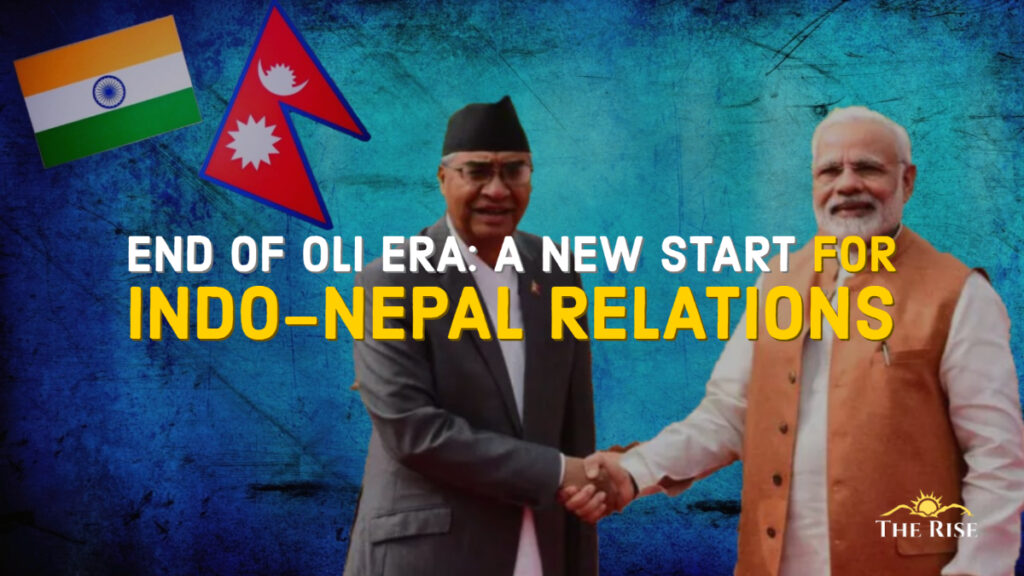

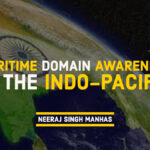

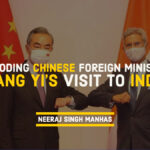
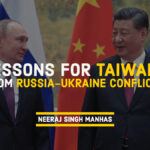


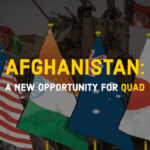

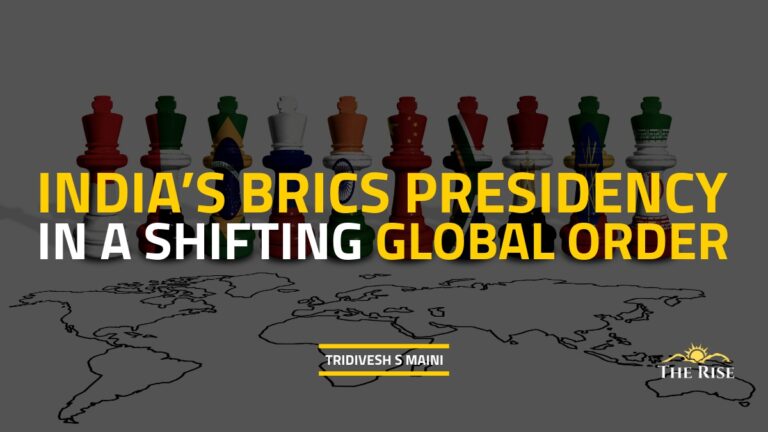
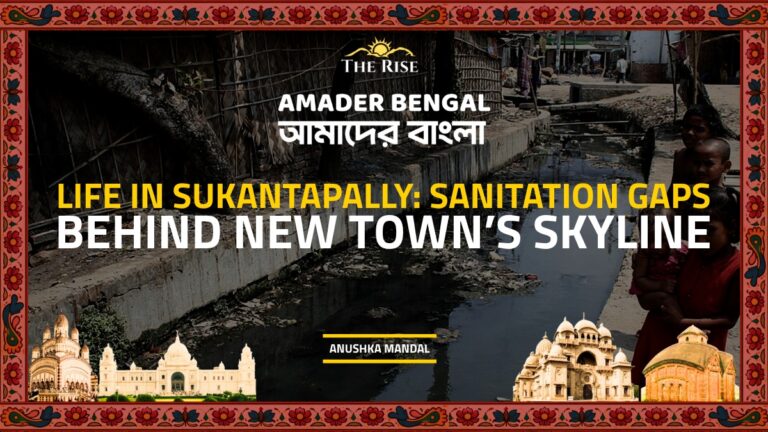


Pingback: Deuba’s Foreign Policy: Continuity or Change? - TheRise.co.in
Pingback: Nepal’s Common Minimum Program - Politics - TheRise.co.in
Pingback: Nepal: Discourse in Geopolitics - TheRise.co.in